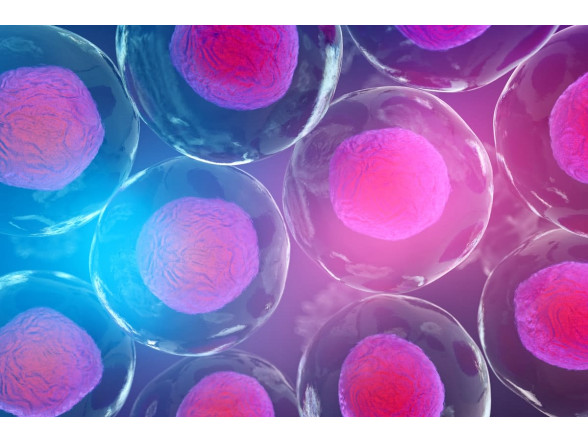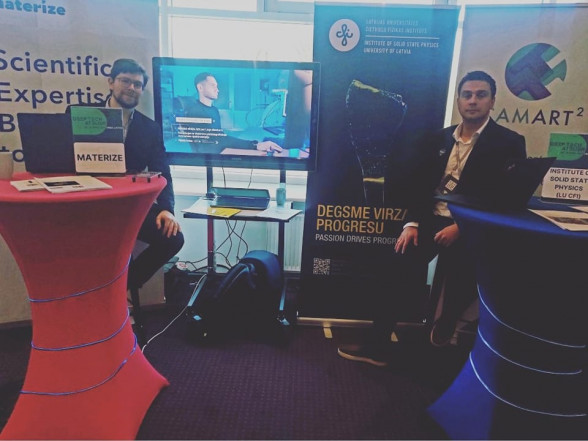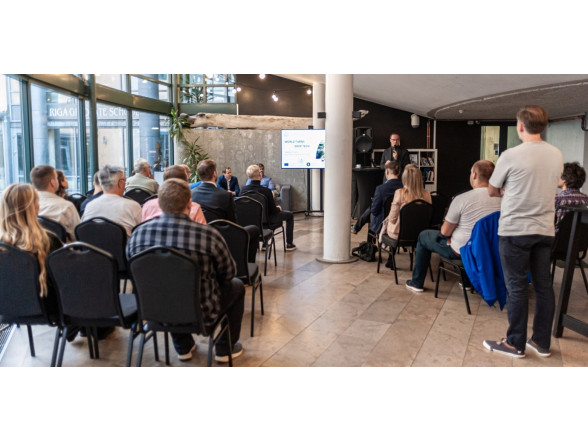Edgars Vanags, a research assistant at the ISSP UL’s Microscopy Laboratory, recently participated in the summer school titled “Nanoparticles: From Fundamentals to Medical Applications,” held from August 19 to August 23 in Visp, Switzerland.
This intensive program brought together PhD students from various research institutions, all eager to deepen their understanding of nanoparticles and their role in medical applications. The curriculum provided a comprehensive overview of the development, characterization, and application of nanoparticles, equipping participants with essential skills relevant to their research projects and future careers.
The summer school featured a diverse array of topics led by experts in the field. Participants explored the material synthesis of inorganic nanoparticles with Jari Leemans from EPFL and delved into the physical and chemical characterization of these materials with Lionel Maurizi from the University of Bourgogne. Giacomo Reina from Empa discussed the challenges in synthesizing and characterizing 2D materials, while Esther Amstad from EPFL introduced bio-inspired processing techniques. The program also covered microfluidics with Andrew de Mello from ETH Zurich and surfaces and interfaces with Francesco Stellaci from EPFL. Additionally, Peter Wick from Empa shared insights on nanomaterials-cell interactions and principles in nanosafety research, complemented by discussions on regulatory science with Scott McNeil from the University of Basel. The curriculum was rounded out with a focus on scaling up lyophilization processes led by Thomas Lemazurier from ten23, and an exploration of mRNA vaccines and pharmacopoeia by Gerrit Borchard from the University of Geneva. Participants also benefited from a site visit and talks on entrepreneurship from the Startup Launchpad at EPFL and the importance of non-linear career paths by Georgette Salieb-Beugelaar from FH Muenster.
During the summer school, Edgars gained insight into nanomedicine, a field that leverages nanotechnology for disease prevention, monitoring, and treatment. Participants delved into various aspects of nanomedicine, including the importance of disease models, successful applications like COVID-19 vaccines, and key research methodologies. They also explored the translational potential of their findings and critical parameters that must be considered in this rapidly evolving field.
This knowledge enhances Edgars’ research and lays a strong foundation for future scientific endeavors.



